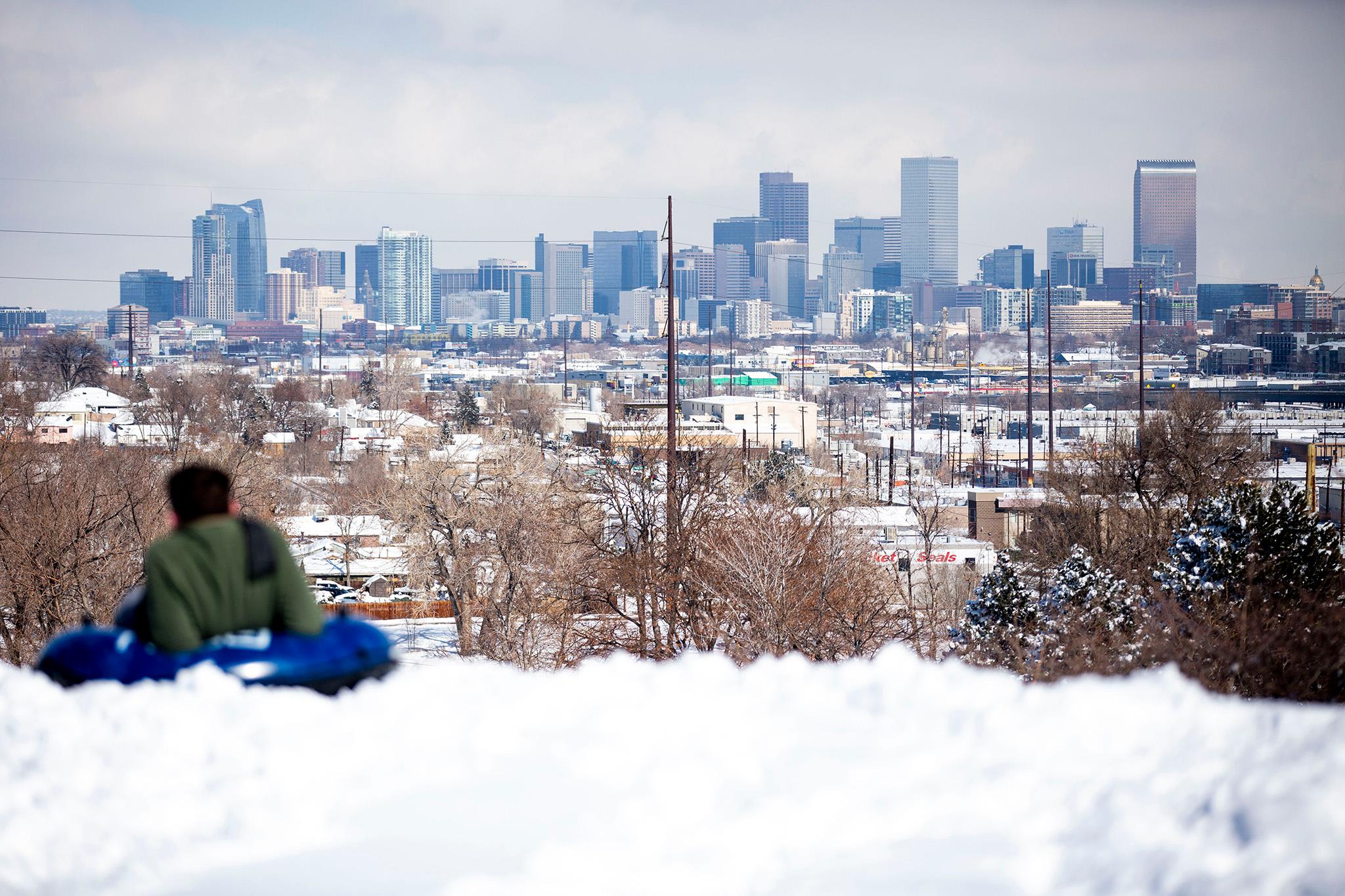Denver has had an abnormally even-tempered, warm and dry fall this year. So warm and dry, in fact, that the city is on the verge of breaking a 1934 record for the latest snowfall ever on Nov. 21. That's coming up this Sunday, and it looks unlikely to snow before then.
We asked Channel 9 News meteorologist Chris Bianchi what's wrong with Denver's weather.
"I would term it 'ominously beautiful," Bianchi said of this year's autumn. "We've had this really weird combination of very consistently warmer than average temperatures, and that's very unusual. Normally, it tends to be a bit more of a roller coaster."
He said if we don't get snow Tuesday night, there's a high chance we'll break that 87-year-old record.
The city's extended dry spell has also sent us hurtling toward a different record for the longest stretch between snowfalls. As of Tuesday, we've made it to 210 days without snow. The all-time record is 232 days, which was set in 1887. But since that was, well, 1887, their measurements may not have been quite as rigorous. The modern-day record is 211 days, set in 1992.
It's a jarring shift from last season, when we experienced heavy snowfall all the way through April.
Another thing that could impact whether or not Denver sets the unsettling late-snow record: the airport.
That's where Denver's official weather measurements have been made since 2008, and, as we all know, it's approximately 800 miles away. On average, it's usually colder and snowier north of the city than it is downtown. But until we get .01 inches over at DIA, Denver won't have an official snow on the books.
"Denver is a city with very localized climates," Bianchi said. "So some areas from the Denver metro area have probably seen measurable snowfall."
It's also important to keep in mind that while snow remains the ultimate symbol of winter, it's kind of arbitrary in terms of what our climate really needs, which is rain.
Usually, between the start of June and now, Denver sees eight and a half to nine inches of some kind of downpour. We've only had two, which Bianchi said is "stunning."
The other big measure of Denver's water health is mountain snowpack, a biggie since it's the source of our water and a huge wildfire deterrent. Luckily, we are at about 80 percent of the snowpack of a regular season.
But it's early, and the 20-year drought gripping the Southwest is only expected to worsen as climate change ramps up.













